Concordance of the cardiovascular patient education with the principles of Andragogy model

Background
Patient education is a critical aspect of patient care and is considered a vital part of self-care (especially in patients with cardiovascular disease (CVD)) and health promotion. The literature supports incorporating the principles of the andragogy model (adult learning) into patient education. This study aimed to determine the concordance of the CVD patient education with the principles of the andragogy model.
Methods
This cross-sectional survey was conducted on 384 adult CVD patients from 2 selected hospitals of Tehran. The sampling method was convenient, and the data collection tool was a researcher-made questionnaire based on the principles of the andragogy model. Data were analyzed using SPSS16 statistical software.
Results
The mean age of the patients was 55.69 ± 13.01 years old. Frequency of distribution of the patients who, in total, selected the items of 4 or 5 for respecting the principles of andragogy model was as follows: 68.16% for the motivation, 66.29% for the need, 66.03% for the orientation, 54.16% for the experiences, 51.55% for the self-concept, and 44.65% for the readiness principle.
Also, three principles of motivation (77.37) need (74.97), and orientation (74.78) had the highest mean, respectively, in terms of adhering to this model. But the most common problems in patient education were related to the principles of readiness (64.35), self-concept (68.19), and experiences (77.71) with the lowest mean.
Conclusions
The findings of this study provided valuable information on the flaws in patient education, including ignoring and disrespecting the principles of adult education. Correcting these detected defects and providing feedback to health professionals can improve the quality of patient education programs and patient satisfaction. Also, it empowers healthcare providers, patients, and families through effective education strategies.

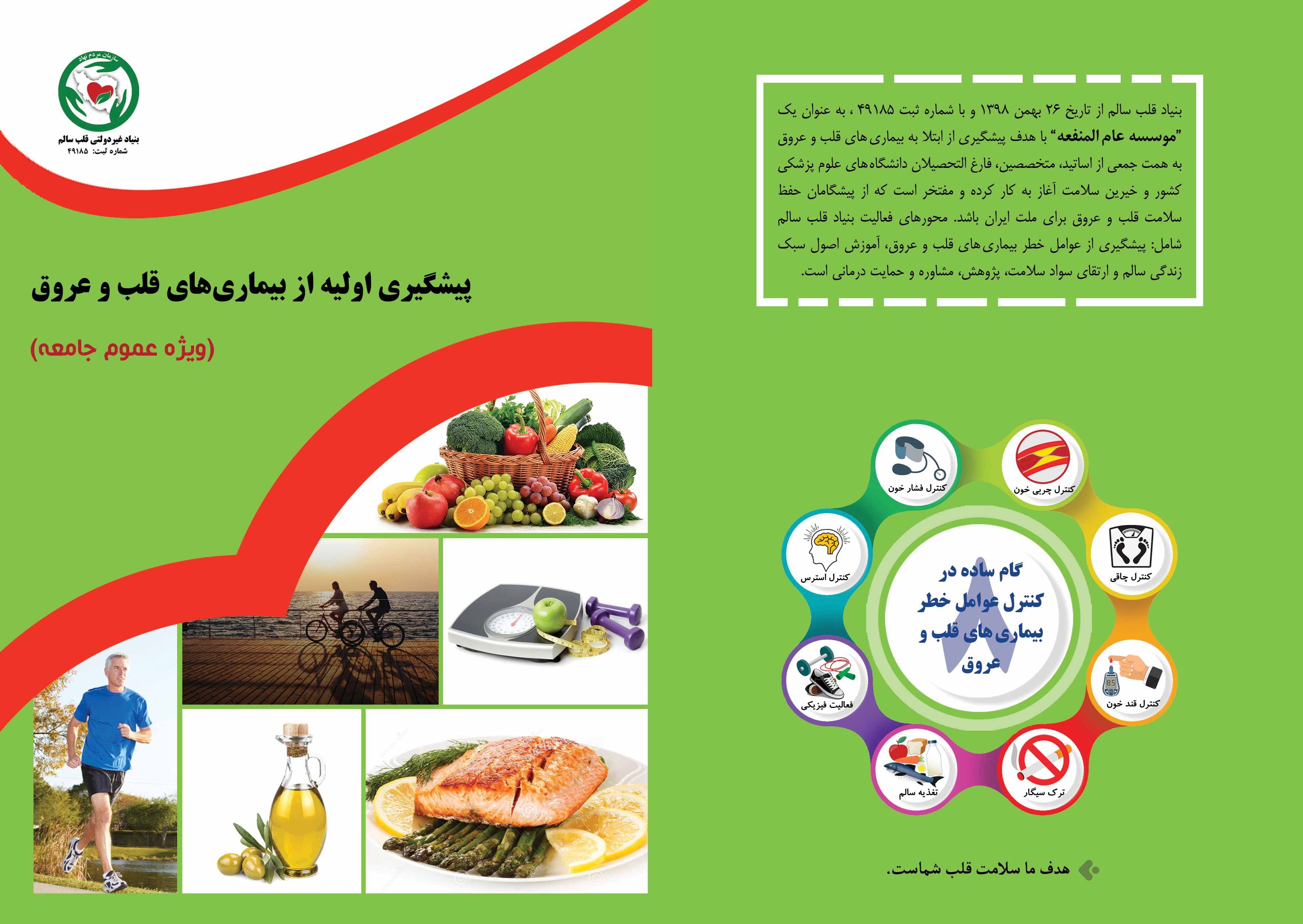
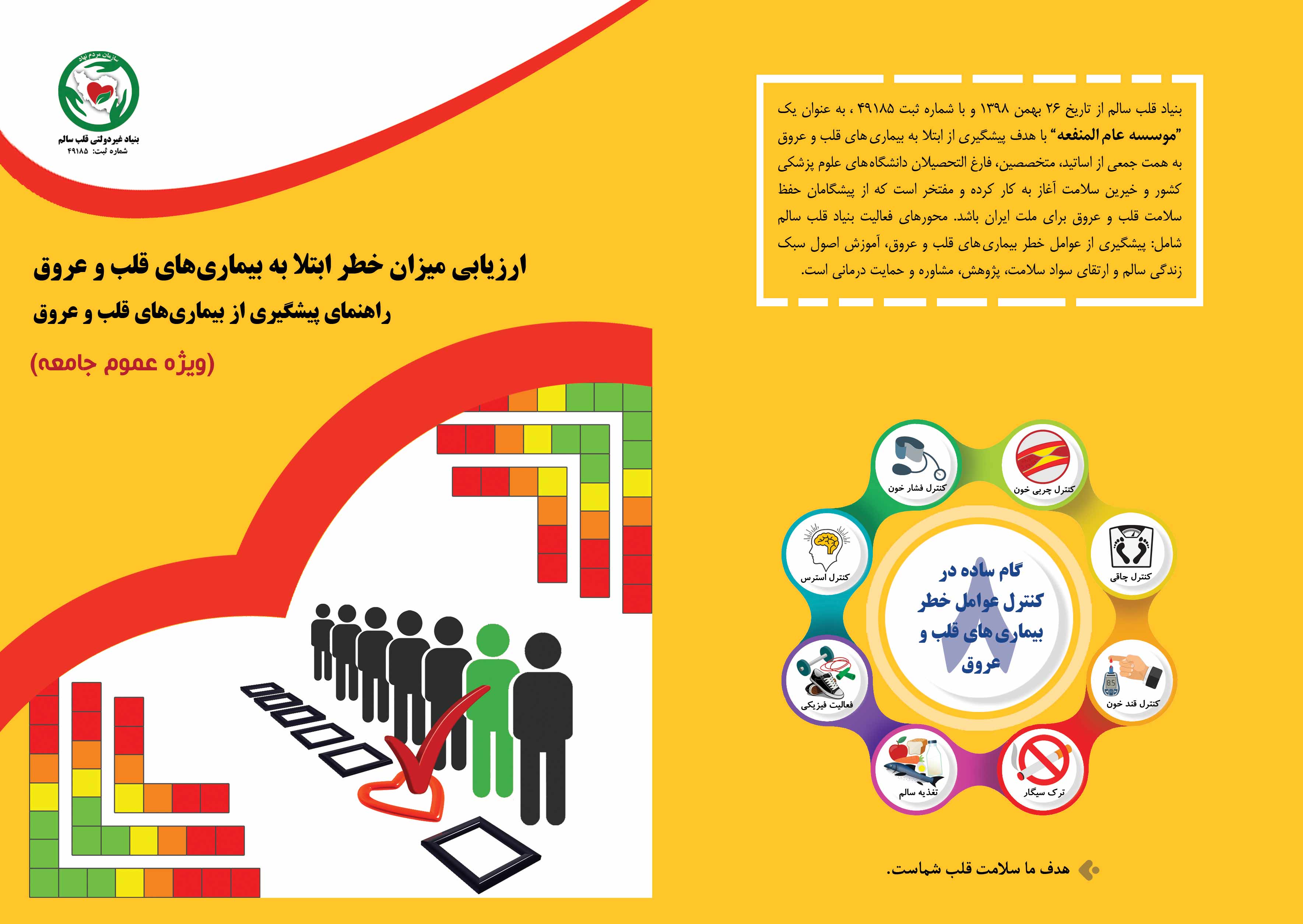
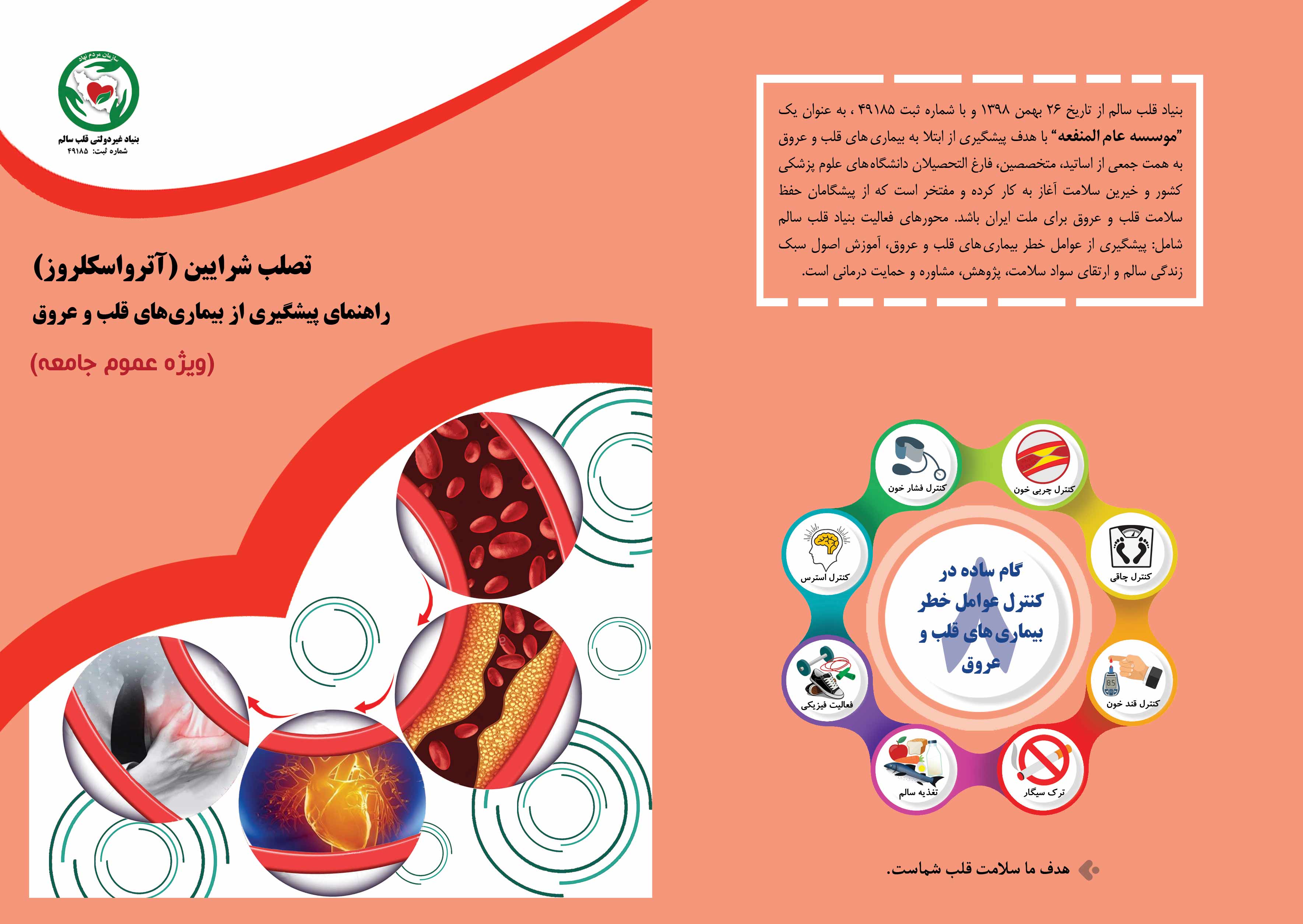
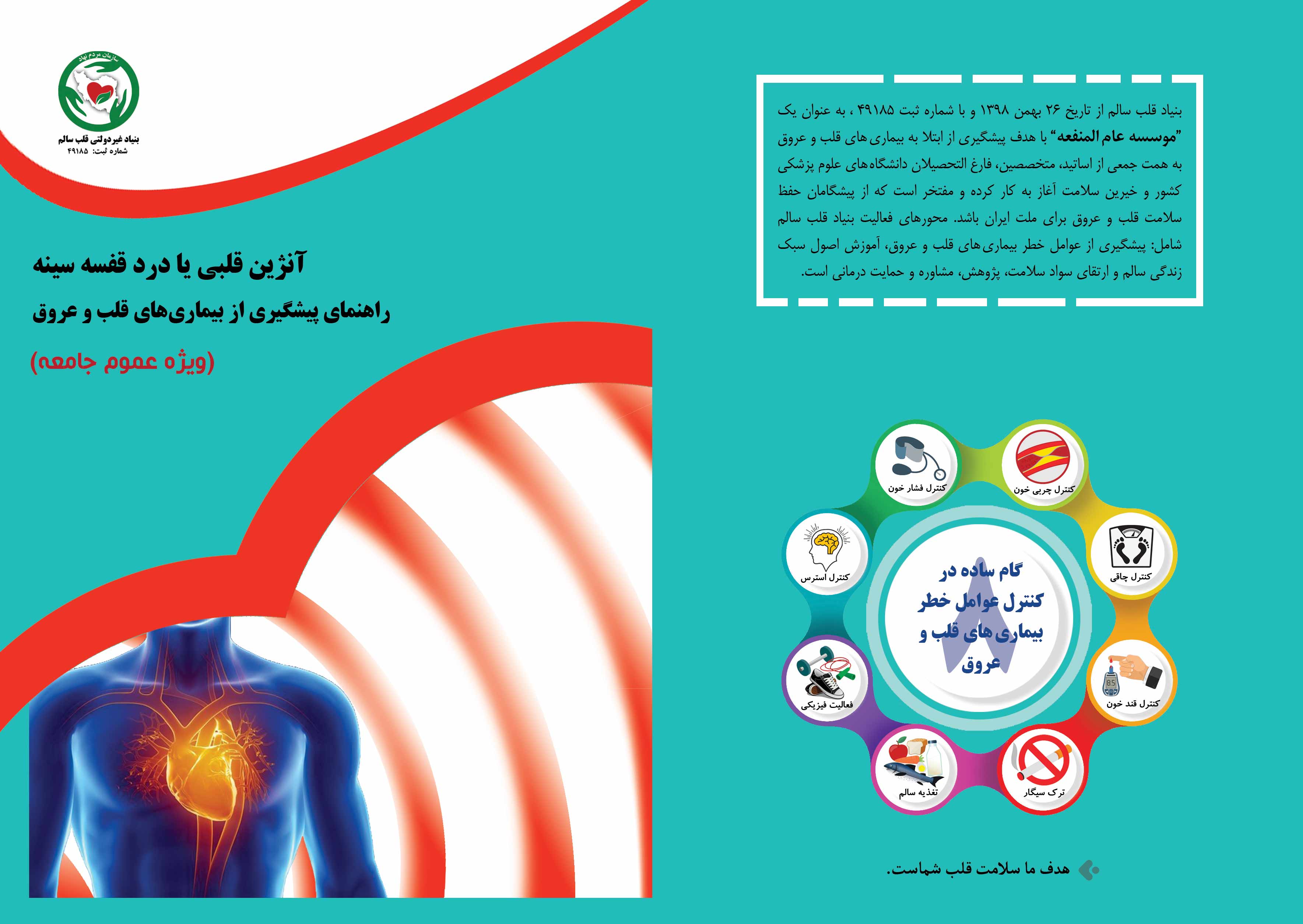
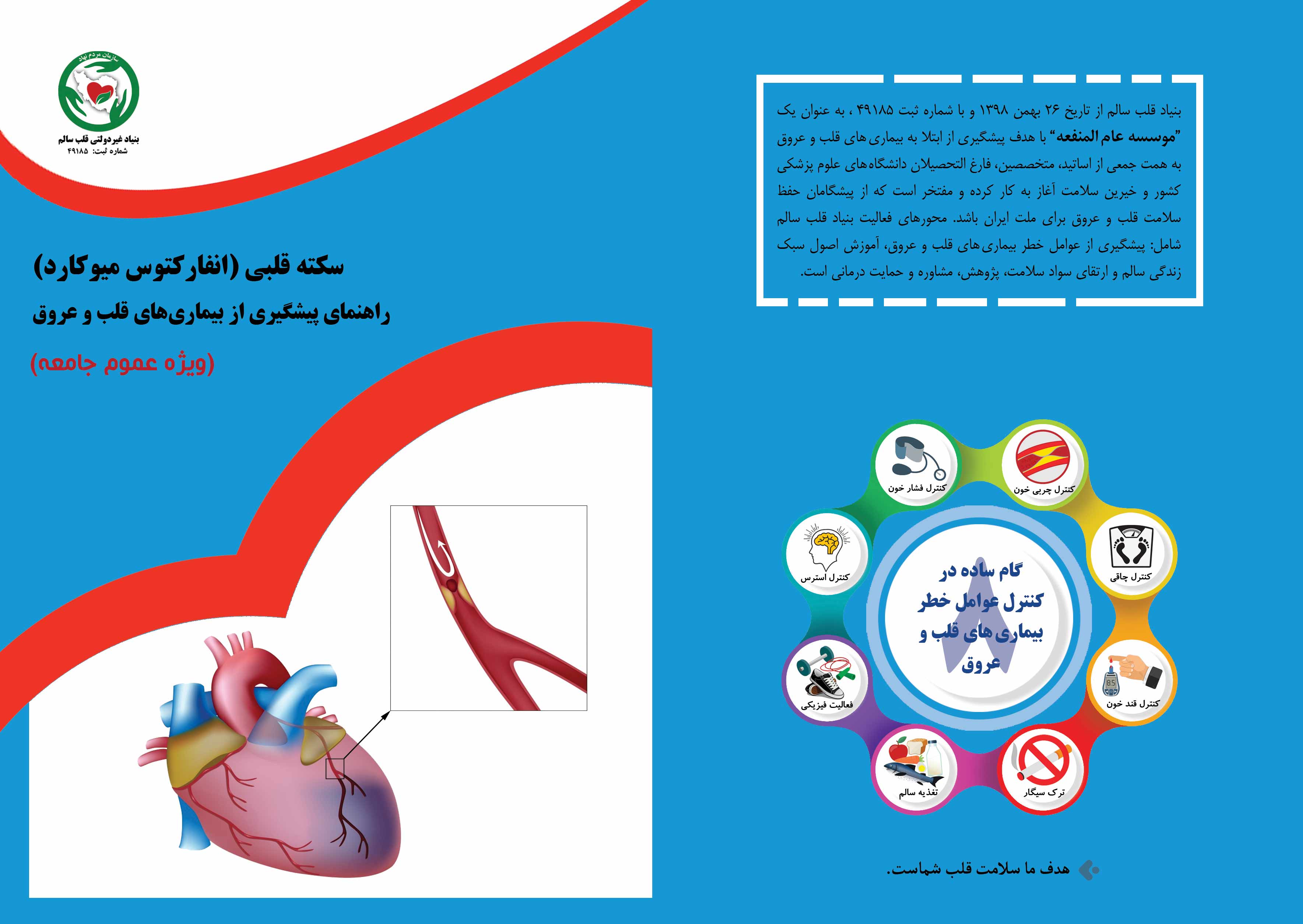
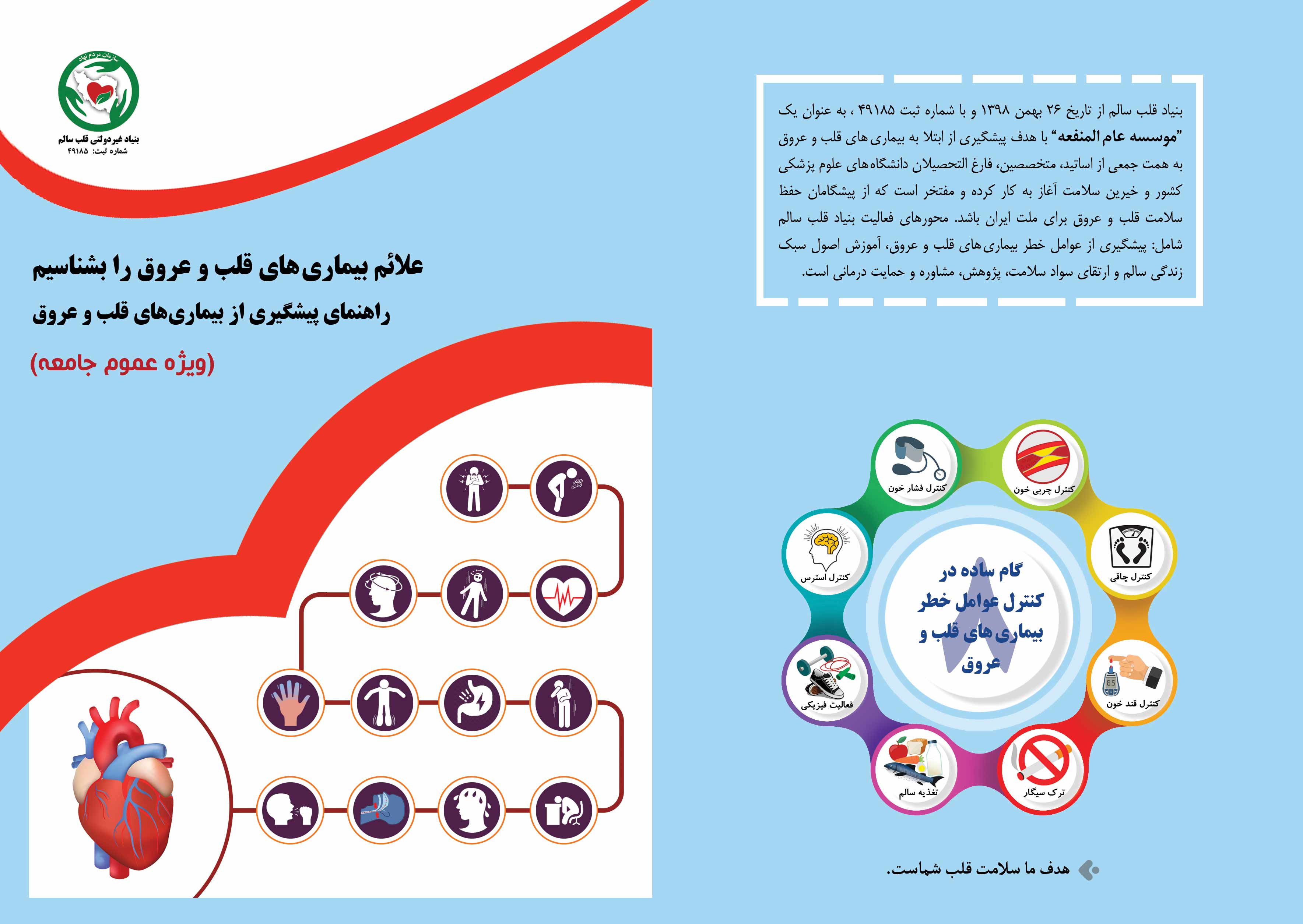

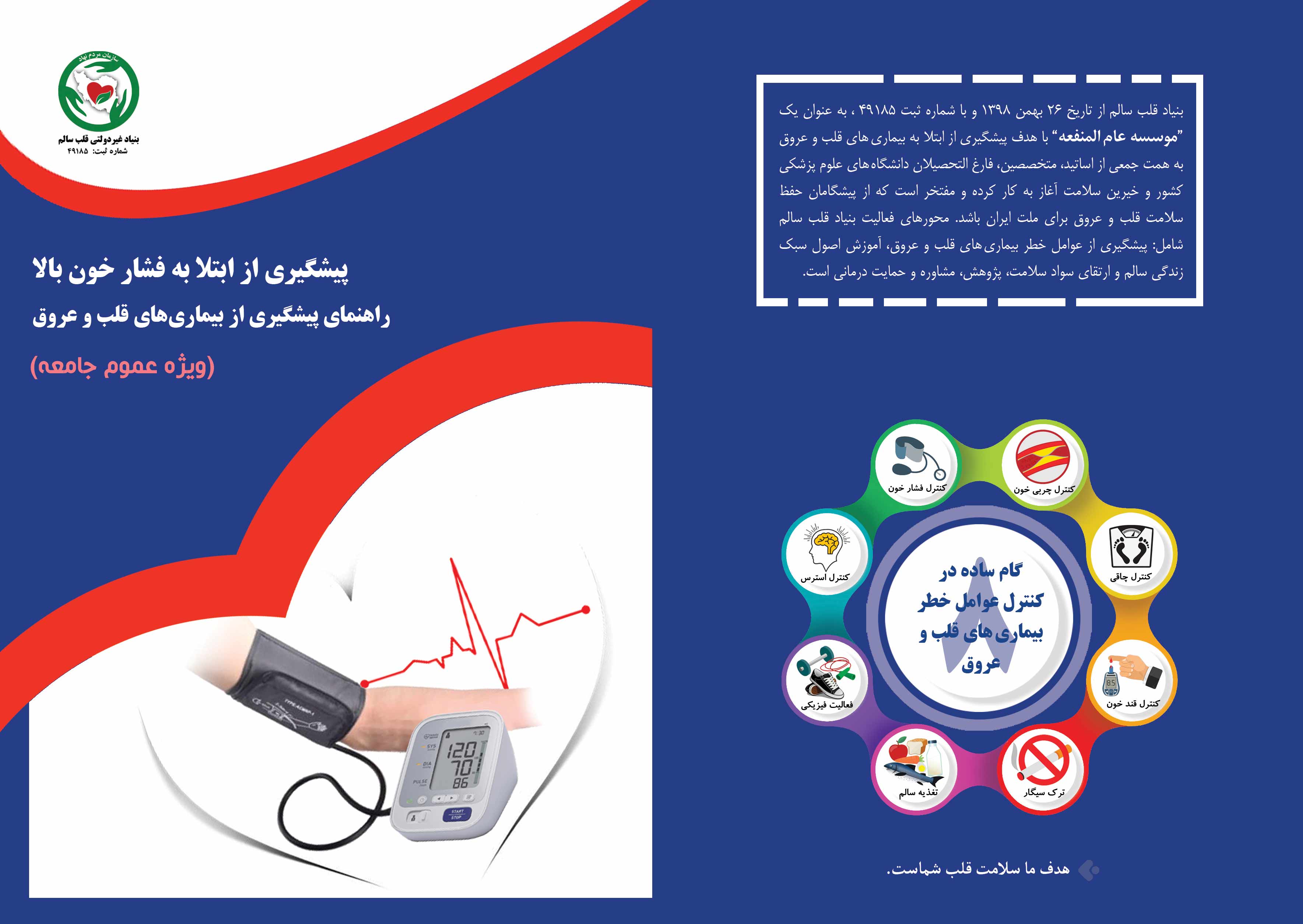
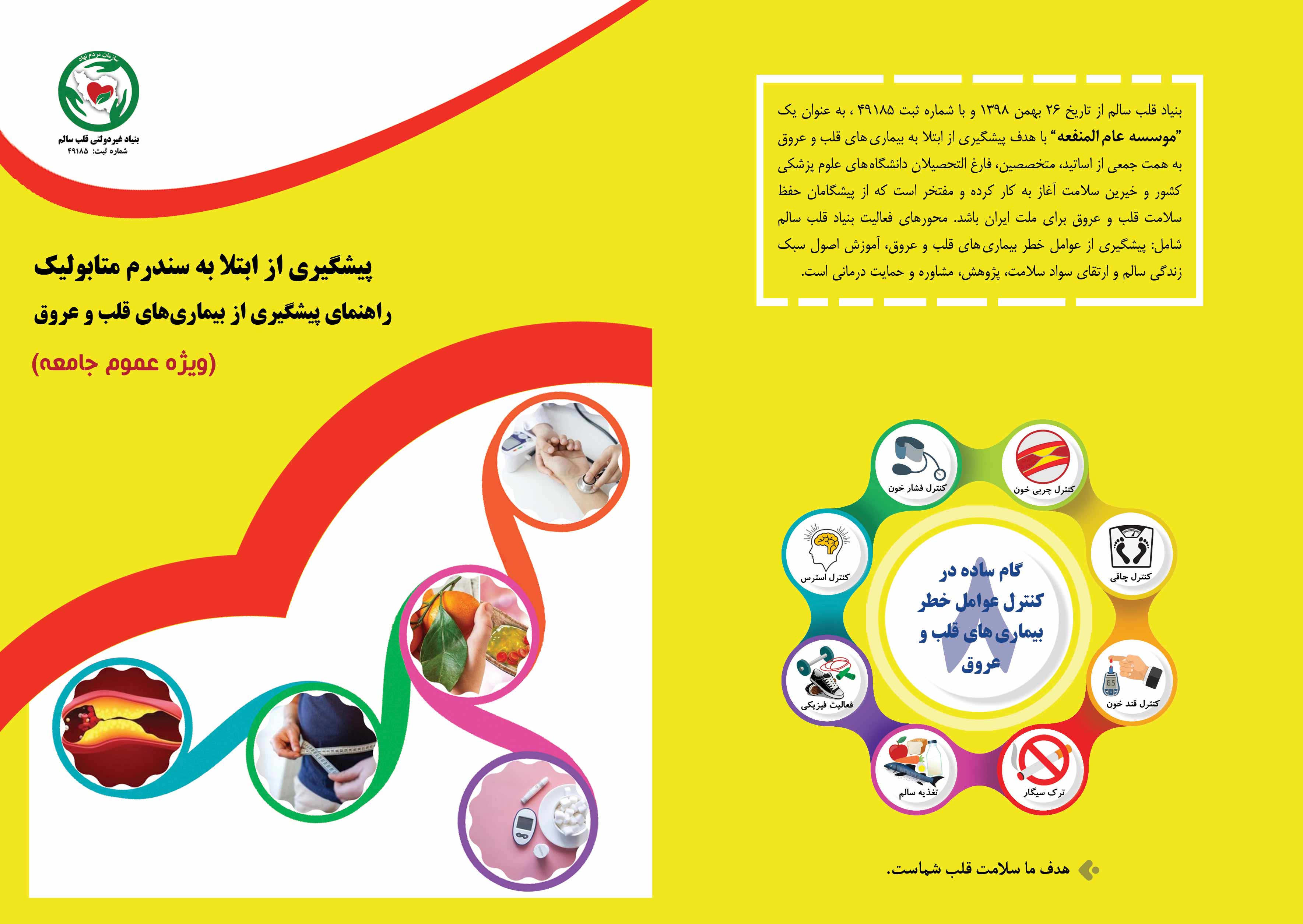
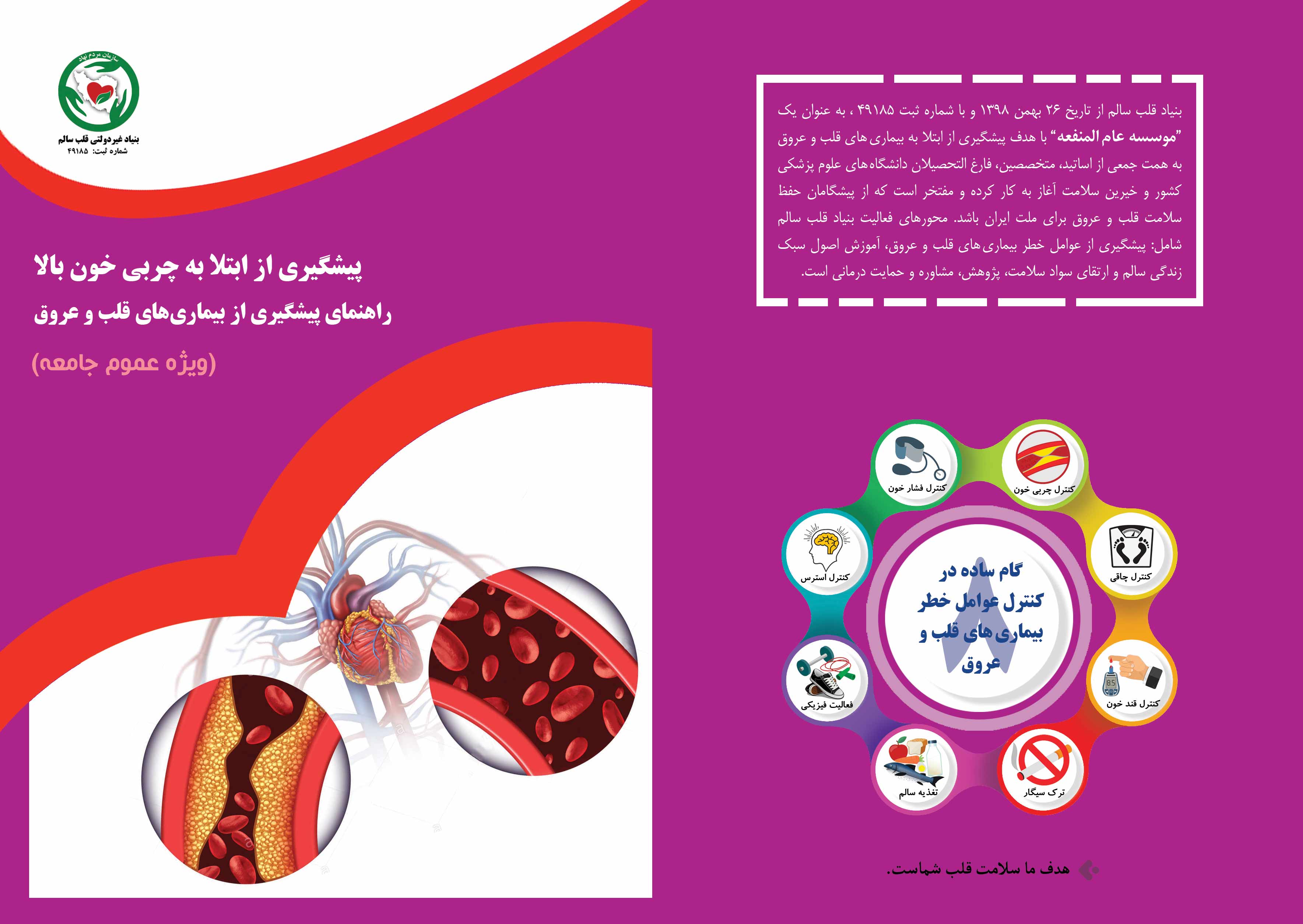
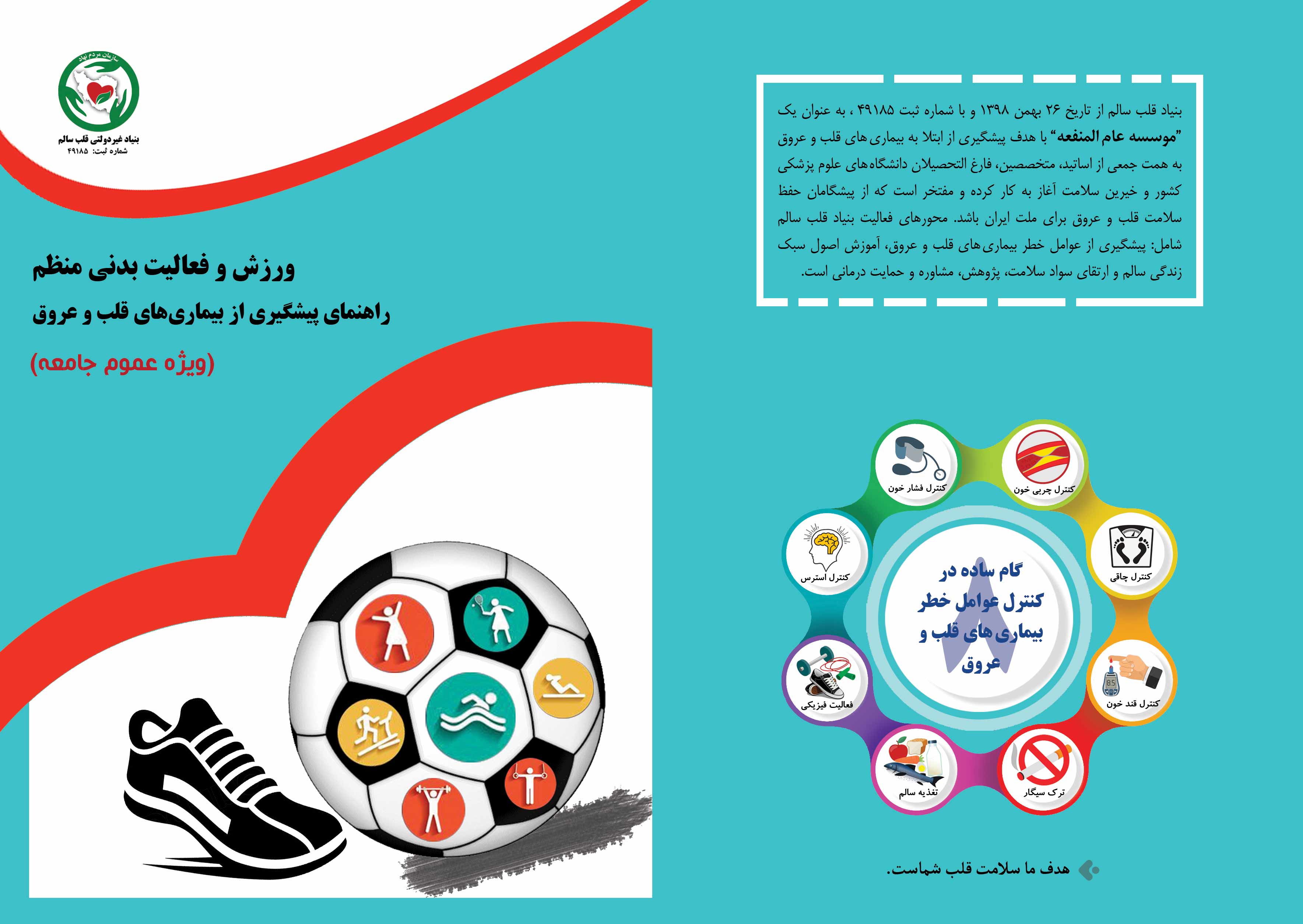
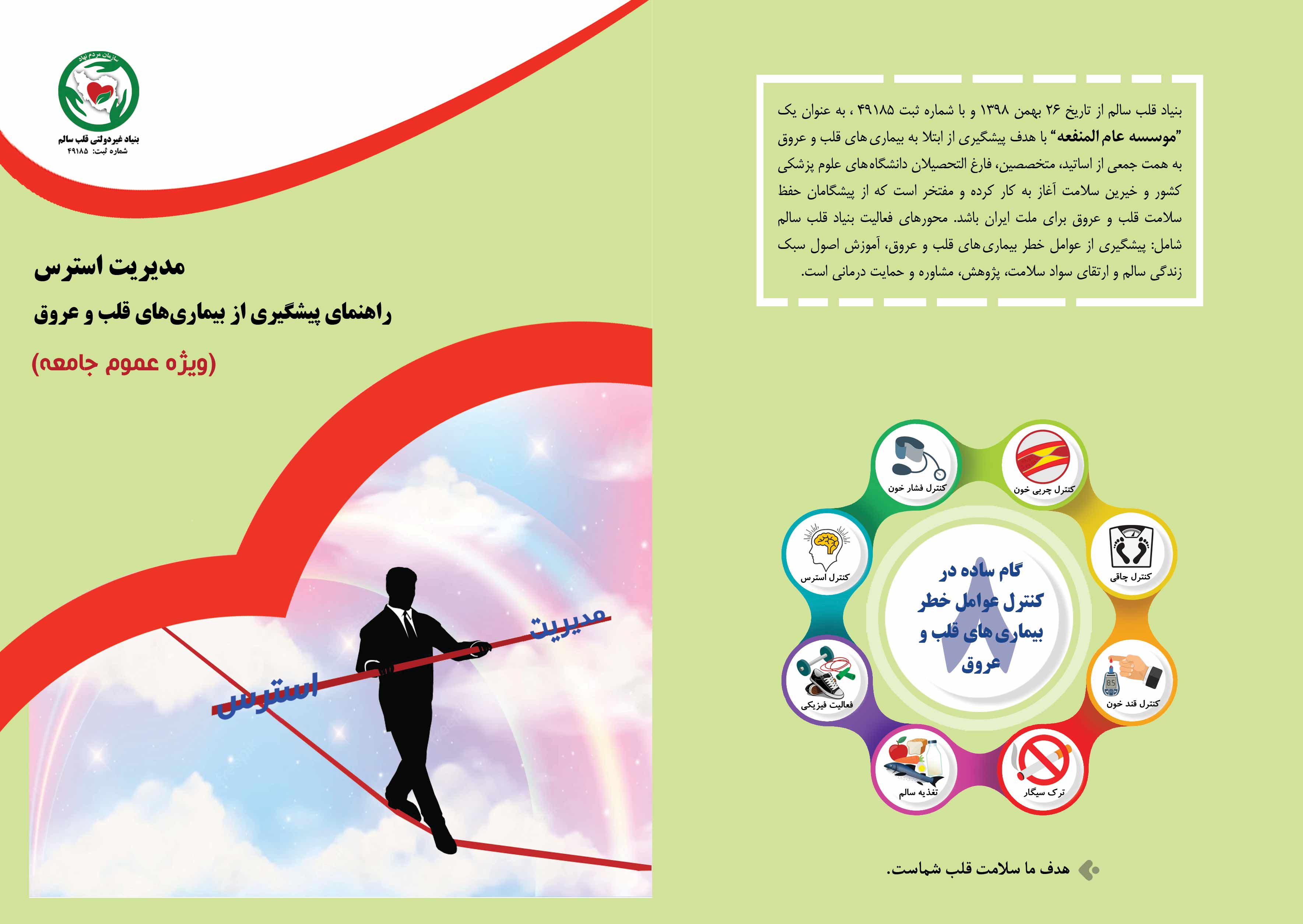
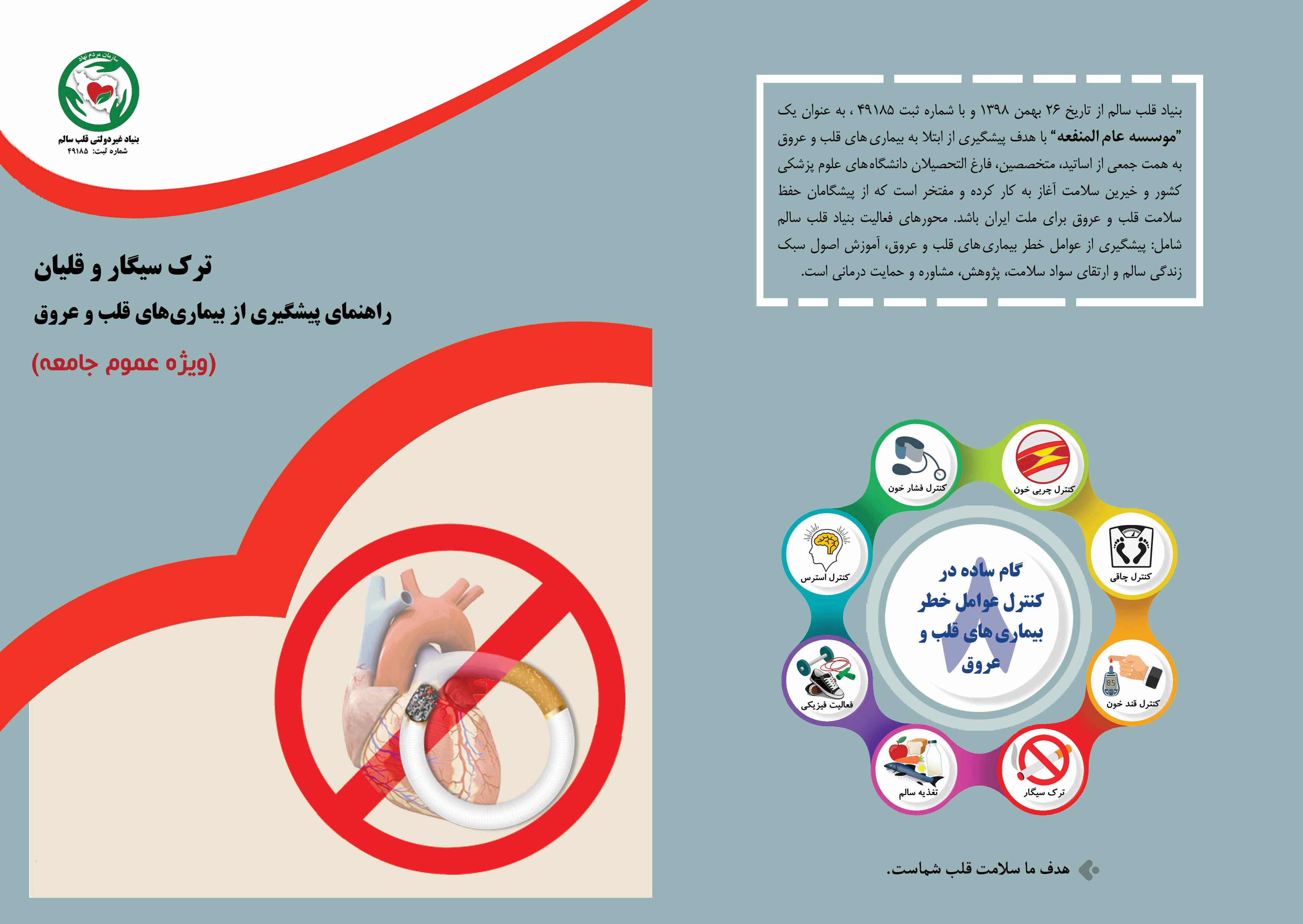
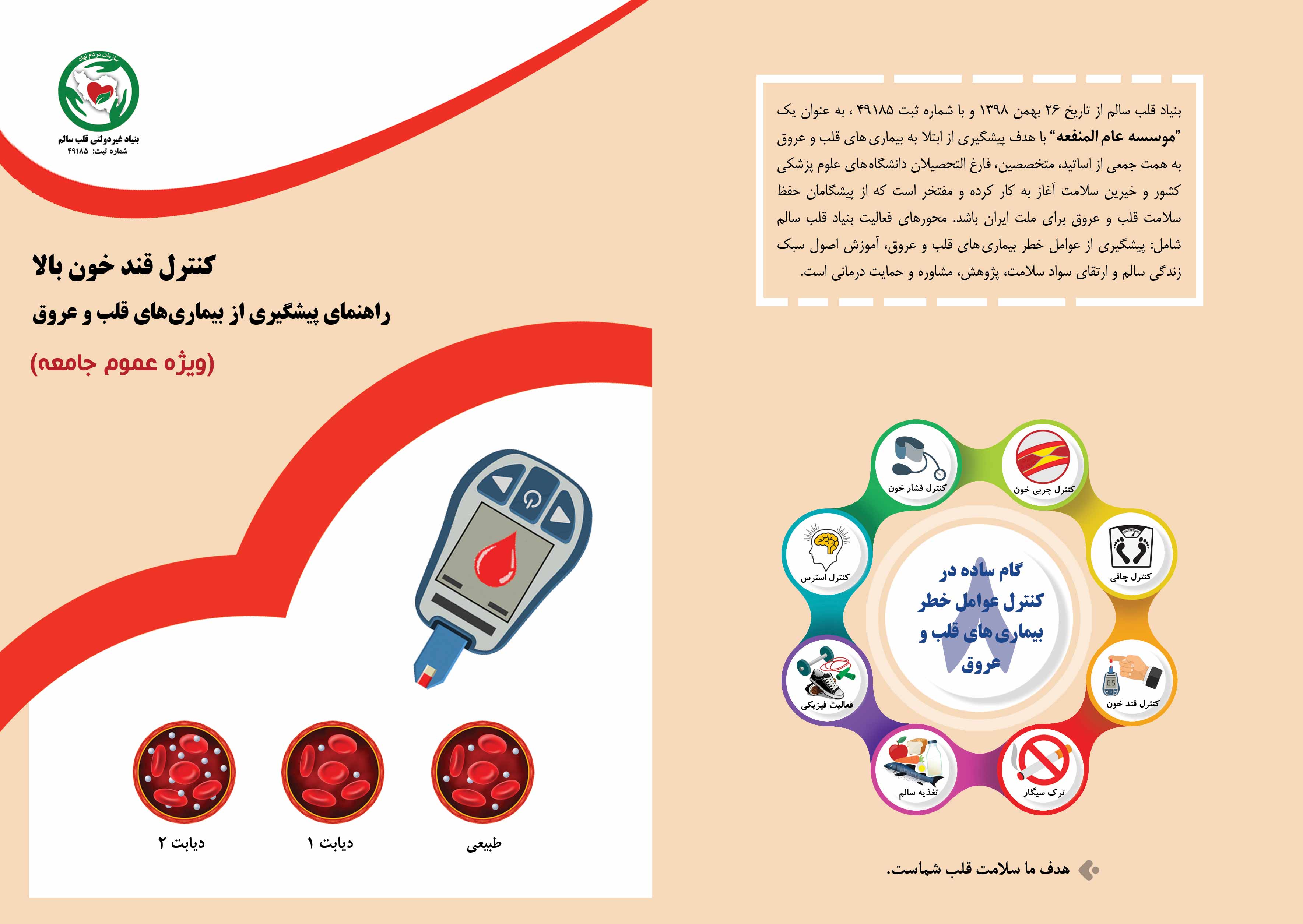
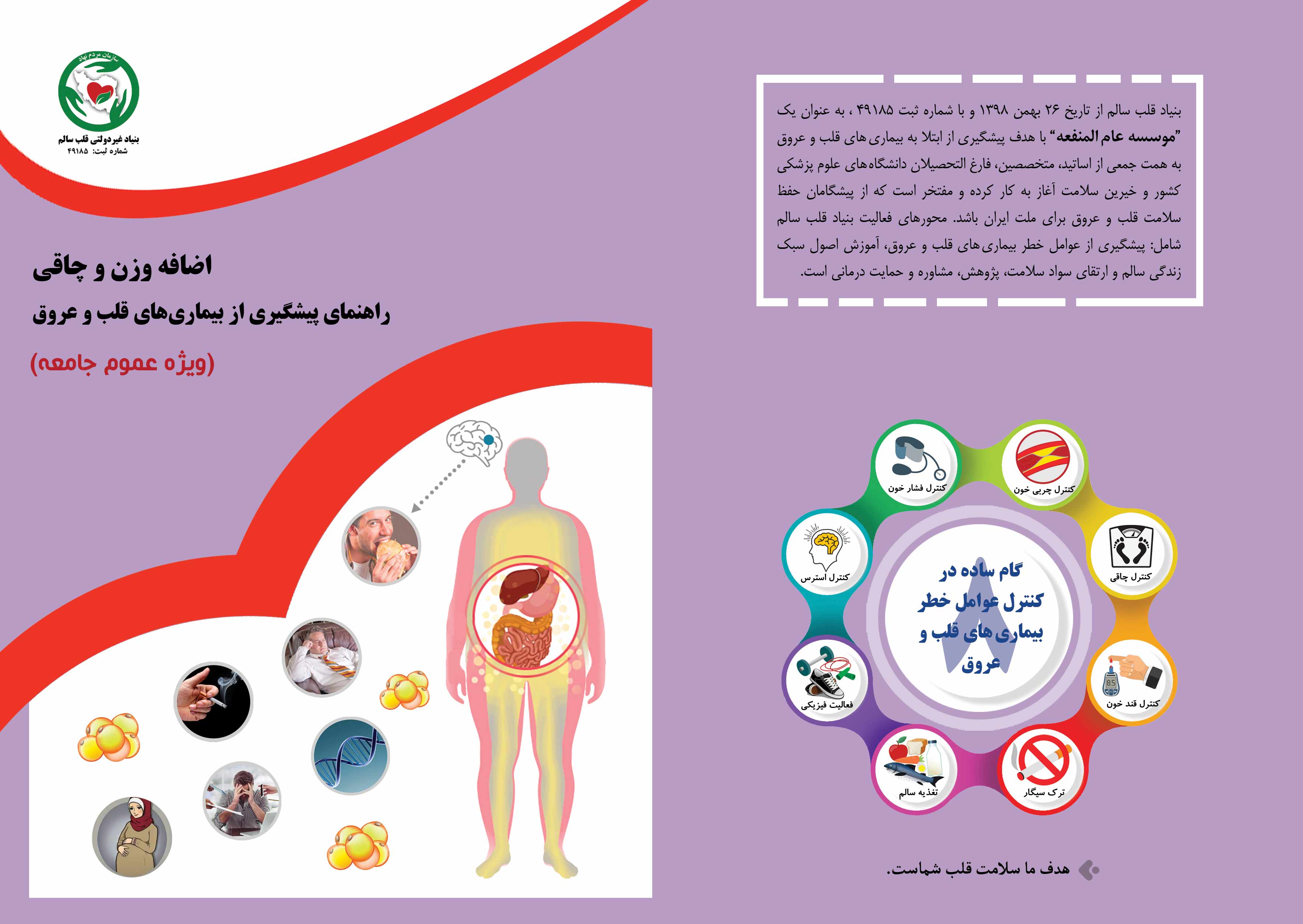
.png)
.png)
ارسال نظر